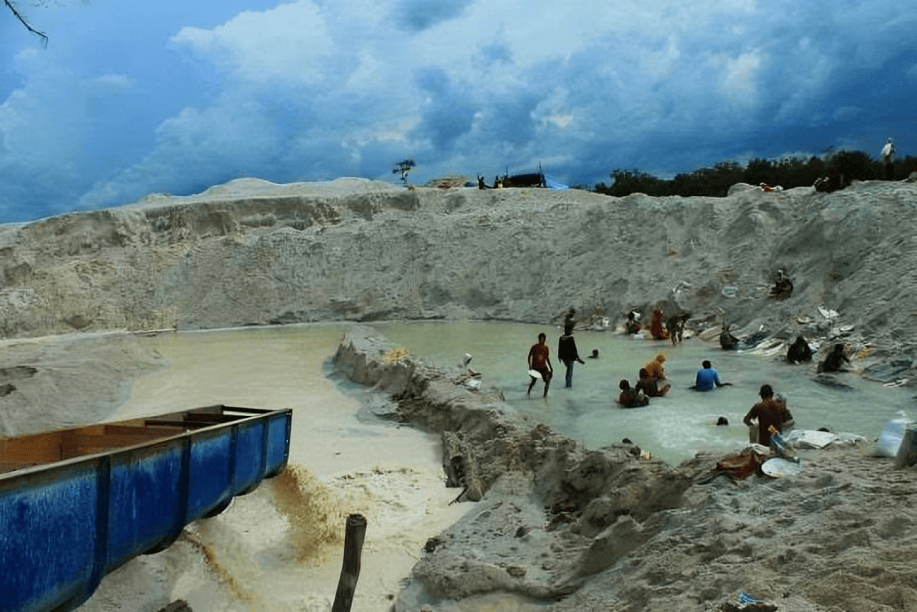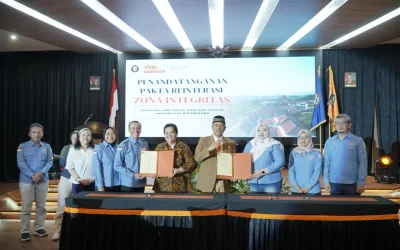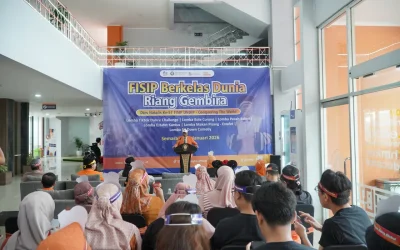SEMARANG, 2/9/2024 – A recent study published in the journal titled “Conflict of Fishermen vs Tin Miners in Rebo Beach, Bangka Island: Dispute in the Sungailiat Special Economic Zone” reveals a serious conflict between fishermen and tin miners at Rebo Beach, Bangka Island. This conflict stems from offshore tin mining activities in the Sungailiat Special Economic Zone (SEZ), raising concerns among local fishermen as their fishing grounds are threatened by environmental damage caused by mining activities.
The research employs qualitative methods, gathering data through interviews with affected fishermen, government officials, and direct observations. The findings indicate that while tin mining has had a significant economic impact, the resulting environmental degradation has led to a decrease in fish catches, disrupting the livelihoods of fishermen. The conflict involves three groups of fishermen: those who support mining due to its economic benefits, those who oppose it because of its negative environmental impacts, and those in a grey area who receive compensation from mining companies.
Source: Purnaweni, H., Kismartini, K., Prabawani, B., Rahayu, D. P., & Putra, A. (2024, February). Conflict of fishermen vs tin miners in Rebo Beach, Bangka Island: Dispute in the Sungailiat special economic zone. In AIP Conference Proceedings (Vol. 3001, No. 1). AIP Publishing.
The research, led by Prof. Dr. Dra. Hartuti Purnaweni, MPA, a lecturer from the Department of Public Administration at Universitas Diponegoro, underscores the importance of effective conflict management to support the development of the Sungailiat SEZ without harming the fishing community. Prof. Hartuti, who also teaches Environmental Management in the Master’s Program of Public Administration (MAP), recommends that the Province of Bangka Belitung transition towards more environmentally friendly development to ensure the long-term welfare of local communities.





0 Comments